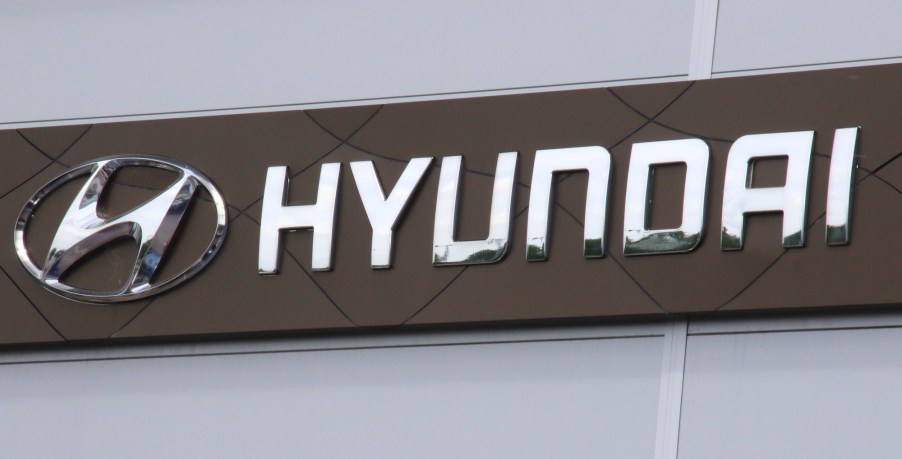
Recall Alert: Almost 600,000 Hyundai and Kia Models Are a Fire Hazard
Due to a potential brake-fluid leak, Hyundai and Kia have recalled almost 600,000 vehicles for a dangerous fire hazard. Kia Optima, Kia Sorento, and Hyundai Santa Fe SUV models as far back as 2013 are possibly affected by the leaks. The automakers are advising owners that the vehicles should be kept outside and away from other vehicles and structures.
What caused the issue? What can you do?
Massive recall for Hyundai and Kia models
Hyundai and Kia recalled 591,000 U.S. vehicles because of a brake-fluid leak that has the potential to cause engine fires. Included in the recall are the 2013 to 2015 models of the Kia Optima sedan and Hyundai’s Santa Fe SUV. Also recalled were the 2014 to 2015 models of Kia Sorento SUVs.
According to Car and Driver, there have been 15 reported engine fires in Hyundai vehicles and eight in Kia vehicles because of the issue. Fortunately, there have been no injuries or accidents.
The issue has both Hyundai and Kia recommending that owners of the affected vehicles park them outside, away from buildings, structures, and other vehicles until they can be repaired. Earlier this month, a spokesperson for Kia told Car and Driver that they weren’t aware of any incidents of fire while the vehicles were parked and off.
According to the Associated Press, Michael Stewart speaking on behalf of Hyundai explained the vehicles shouldn’t be parked inside garages either until the recall could be carried out.
Potential engine fires
The problem is a brake-fluid leak within the anti-lock brakes’ hydraulic control unit. First reported in 2018, the automaker has been looking at the issue. According to Hyundai, the fire could occur even if the vehicle is turned off. The leak potentially creates electrical shorts that lead to the fires.
There are 440,370 Kia vehicles in the recall along with 283,803 Kia Optima models from 2013 to 2015. There are also 156,567 Kia Sorento models recalled from 2014 and 2015. Hyundai recalled 151,000 Santa Fe SUV models from 2013 to 2015.
The danger the potential fires pose is substantial. It could result in injury or loss of the vehicle along with damage to nearby vehicles or structures.
Hyundai recalled Elantra models from 2006 to 2011 and Elantra Touring vehicles from 2007 to 2011 earlier in 2020. In the earlier recall, the issue was also potential engine fires. A short-circuit issue centered about water getting into the ABS unit was the culprit of that recall.
With more than 3,000 complaints since April 2019 of engine fires, the National Highway Traffic Safety Administration (NHTSA) is investigating the Korean automakers.
Is your vehicle is affected?
According to consumer site Top Class Actions, the anti-lock brake warning light turns on in vehicles covered by the recall. It’s recommended by Hyundai that owners who see this stop driving the vehicle and contact their local dealership about the issue. You might be advised to disconnect the battery in the vehicle until it can be evaluated.
Another warning sign of a possible brake-fluid leak is a change in how the brake pedal feels. If the pedal is going all the way to the floor or feels softer than normal, it could be a brake-fluid leak allowing air into the brake lines. If air has been in the lines long enough, condensation may cause the brake pedals to sink to the floor when deployed.
Owners are also advised to watch for leaks under the vehicle near the wheels as a potential sign.
Brake failure is the most serious sign of leaking brake fluid. Such an incident is dangerous, particularly if the vehicle is moving at higher speeds or on a highway.
If you own one of the affected Kia or Hyundai models, you can check the NHTSA recalls website to see if your vehicle is at risk. The automakers will be notifying Kia owners beginning on October 15th. A week later, Hyundai will be sending letters to their affected owners. Dealers will replace faulty hydraulic electronic control units at no cost to the owner.


